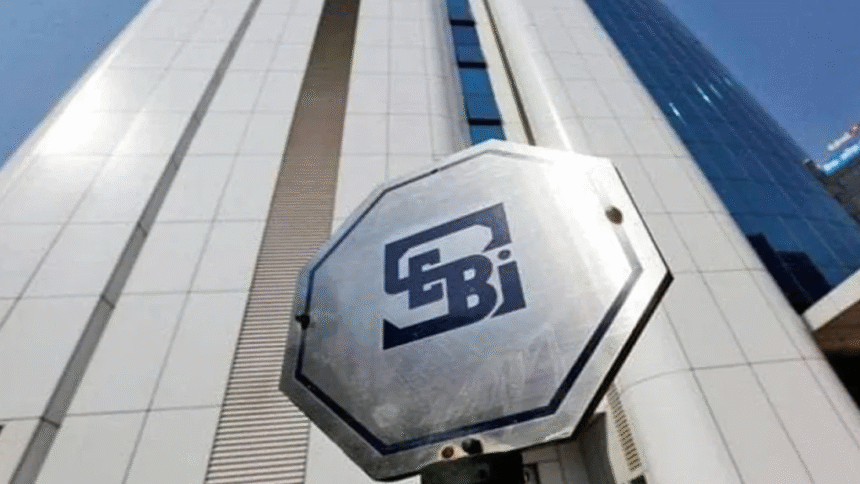Key Changes
- Lower Minimum Public Offer (MPO):
For companies with a post-listing market cap above ₹5 lakh crore, the minimum dilution at the time of IPO has been reduced from 5% to 2.5%. - Extended Timeline to Meet Minimum Public Shareholding (MPS):
- Firms with a market cap between ₹50,000 crore and ₹1 lakh crore now get five years (instead of three) to meet the 25% MPS requirement.
- Firms valued between ₹1 lakh crore and ₹5 lakh crore will have 10 years to comply.
- Anchor Investor Norms Expanded:
Insurance companies and pension funds will now qualify as anchor investors. The quota reserved for anchors has also been raised from 33% to 40%. - Simplified Foreign Investor Entry:
A single-window clearance system will be introduced for FPIs (Foreign Portfolio Investors), aimed at reducing regulatory complexity and boosting participation.
Impact & Significance
- Encouraging Mega IPOs: By lowering immediate dilution requirements, large corporations will find it easier to tap capital markets, without being forced to offload large stakes upfront.
- Market Absorption: Smaller IPO floats for mega-firms may improve subscription rates and reduce strain on retail and institutional investors.
- Boost to Foreign Capital: Streamlined entry for FPIs could attract stronger overseas flows into Indian equity markets.
- Valuation and Liquidity Concerns: Reduced public float in early years might limit liquidity and raise valuation concerns, requiring careful monitoring by regulators.
Conclusion
The latest SEBI decisions mark a significant policy shift, designed to make India’s capital markets more competitive and attractive for both domestic and global investors. While the changes are expected to incentivize mega IPOs and foreign inflows, ensuring transparency and investor protection will remain crucial in the long run.















